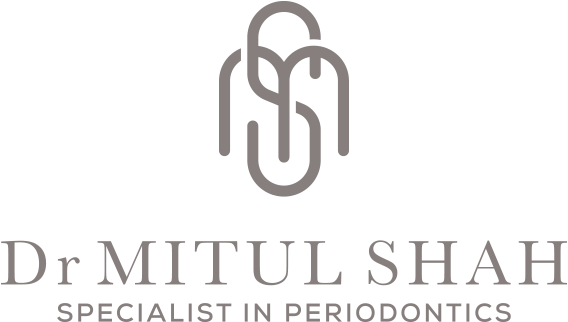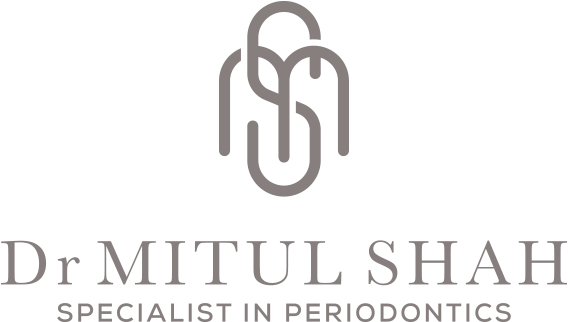Gum diseases, like many other conditions, are chronic in nature. Through good treatment, we can stabilise the disease and prevent further damage from occurring.
However, as an individual, you will remain susceptible to damage in the future. As such regular monitoring and maintenance of your teeth and gums are vital in reducing the risk of disease relapse. This is known as supportive periodontal therapy or maintenance therapy.
Evidence shows that patients who comply with their scheduled supportive periodontal therapy appointments are less likely to suffer from disease relapse and are far less likely to lose teeth as a result of gum disease. Supportive periodontal therapy also reduces the likelihood that more expensive treatments are required to correct relapsed disease.
Supportive therapy appointments comprise of the following:
- Reassessment- a measurement of pocket depths, recession, bleeding and mobility. Assessment of your current plaque levels and oral hygiene regime. Radiographs may be taken at routine intervals to assess bone levels and to ensure the disease is not actively progressing.
- Treatment- typically patients require a thorough scale of all teeth to remove any tenacious bacterial deposits which may have built up. Topical or local anaesthetics can be used to reduce sensitivity and to improve your comfort during these appointments. We will also aim to thoroughly polish your teeth to remove staining.
- Risk assessment- based on your current gum health we will assign a risk status and consider how regularly you should attend for your next supportive therapy visit. For most patients, we usually recommend 3-4 monthly visits.
In the event that we detect areas that have deteriorated, alternative treatments may be recommended accordingly.
Supportive Periodontal Therapy can be provided by Dr Shah himself or by a dental hygienist working alongside him. You may also wish to see your dentist or local dental hygienist for convenience.
Benefits include:
- Early detection and intervention of any relapsed disease
- A reduced probability of tooth loss
- The removal of staining that can build up in day to day life
- Regular review of your oral hygiene techniques and refinement as required
Back to Gum Disease Treatment





